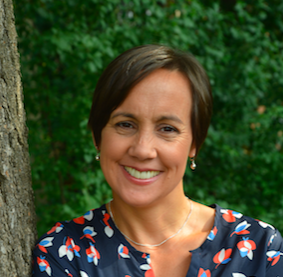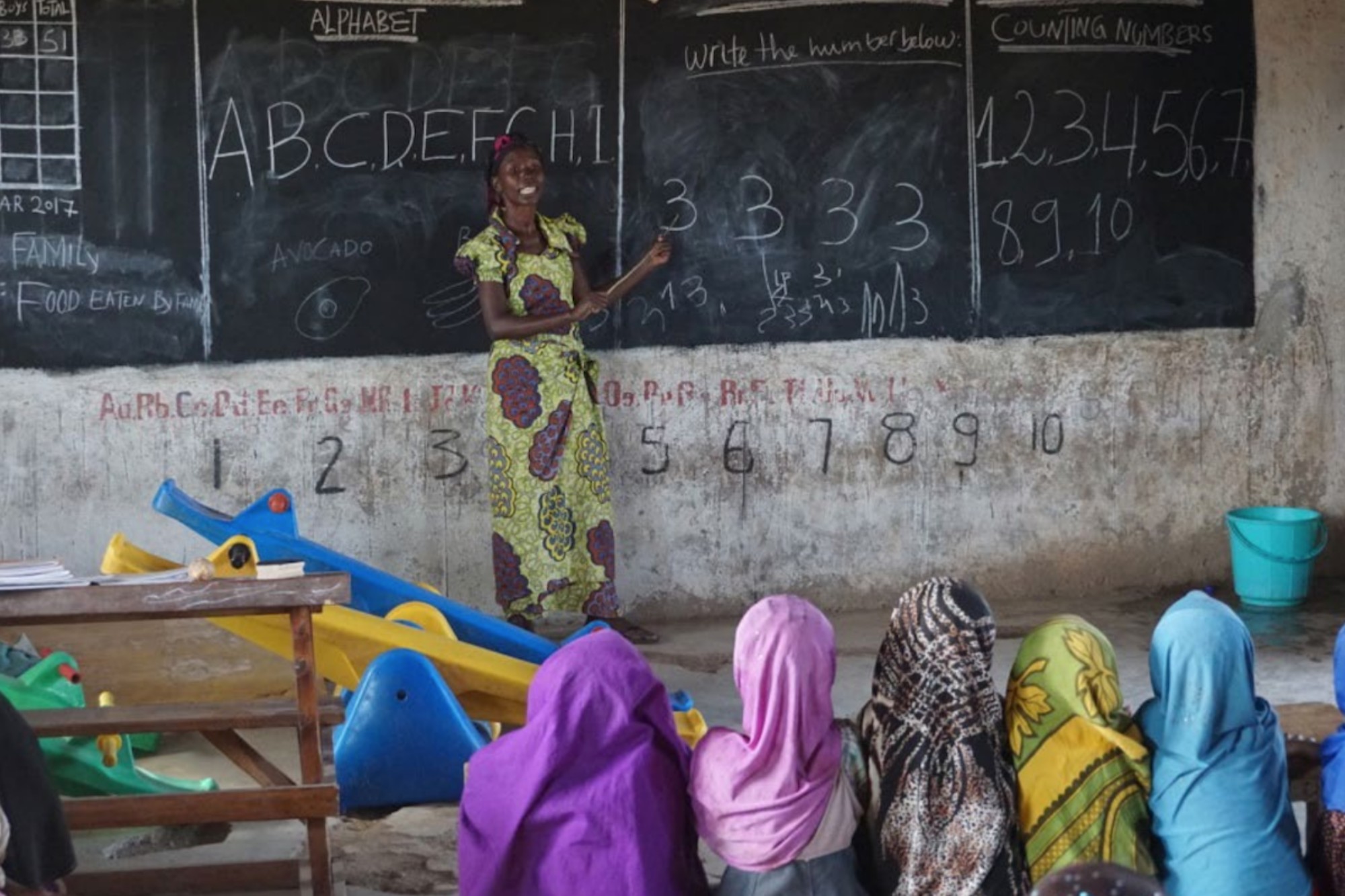A research team co-led by Associate Professor of Practice Mary Mendenhall and Goldberg Post-doctoral Fellow Vidur Chopra emphasizes the importance of better supporting educators in their efforts to integrate play-based learning in their classrooms in three East Africa nations.
The team, in a study published last month, points to ways non-governmental organizations (NGOs), faith-based organizations (FBOs), teacher education programs, school leaders and parents can incorporate play-based approaches to learning — a strategy Mendenhall and Chopra believe can greatly enhance the education of refugee children in Ethiopia, Tanzania and Uganda.
To expedite the process, the white paper calls on educators and humanitarian organizations in the three countries to build “a robust research and learning agenda around play-based learning … grounded [in] understanding of teachers’ experiences, practices and decision-making within classrooms, schools and communities to further inform the design and rollout of play-based approaches to learning within refugee and host communities in East Africa (and elsewhere).”

Mary Mendenhall, Associate Professor of Practice, is acclaimed for her leadership of the research-based Teachers for Teachers professional development program in the Kakuma Refugee Camp in Kenya, a model that has now been adapted in multiple countries around the world. (Photo: TC Archives)
Play-based learning, the report points out, is “particularly relevant in conflict and crisis-affected contexts where opportunities to play might have been impeded, or where educators and communities engaging in localized and indigenous conceptions of play can offer new insights into the design of play-based learning programs in these contexts.”
Master's and doctoral students in the International & Comparative Education program contributed to the research and authorship of the study, “Teacher Professional Development & Play-based Learning in East Africa: Strengthening Research, Policy, and Practice in Ethiopia, Tanzania, and Uganda.”
Funded by the LEGO Foundation, the project draws on interviews with 37 veteran humanitarian and educational practitioners in the three countries.
“The big finding from this study, not surprising at all, is that humanitarian and development actors have to engage with national educational authorities in practices, programs and policy-making,” said Mendenhall.
Mendenhall is a long-standing member of the Inter-agency Network for Education in Emergencies Teachers in Crisis Contexts Collaborative (TiCC) and heads refugee research at TC. She is acclaimed for her leadership of the research-based Teachers for Teachers professional development program in the Kakuma Refugee Camp in Kenya, a model that has now been adapted in multiple countries around the world.
Professional development serves as the centerpiece of the play-based learning study as well.
“It requires humanitarian and development agencies to infuse technical expertise in education systems through teacher education institutes and teacher education programs,” said Mendenhall. “The countries for the most part will welcome professional development opportunities in part because they face financial shortfalls and are often unable to provide quality training to their teachers. It's a win-win relationship if the collaboration can really take off.”
Chopra and Mendenhall in July shared details of the study at a virtual TiCC event at the Global Partnership for Education’s Global Education Summit for educators working with children and youth in humanitarian and “protracted crisis” environments.
Prohibited from traveling by the pandemic, team members relied on technology to gather and compile research remotely. The advancement of play-based learning, the white paper emphasizes, has just begun.
“There is also a critical need for the broader research and learning agenda to address issues related to learners and teachers with disabilities, the role of teachers’ unions, gender dimensions among learners and teachers, as well as the current and future implications of the COVID-19 health pandemic,” the paper concludes.
Mendenhall and Chopra collaborated closely on the project with doctoral students Danielle Falk, Chris Henderson and Jihae Cha, along with master’s students Emily Ervin, Tracie Jarrard, Jonathan Kwok, Charlotte Wright and Suzanne Zuidema.
— Steve Giegerich
